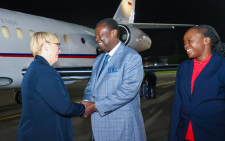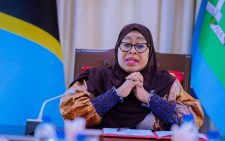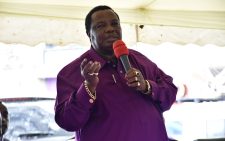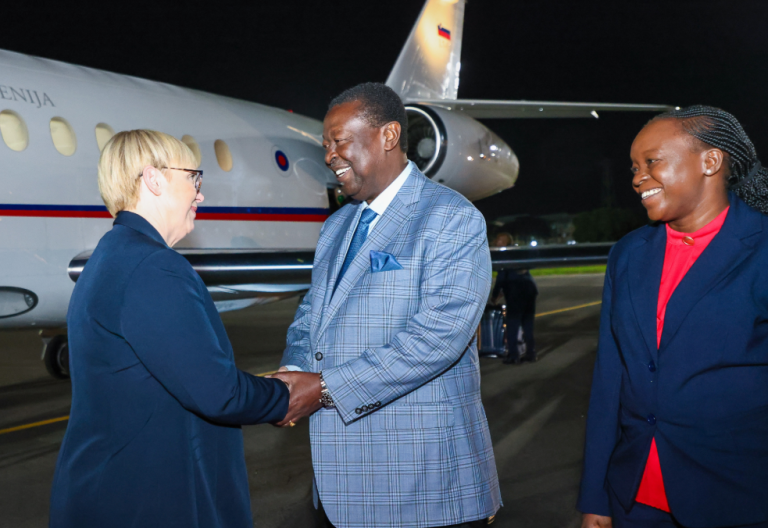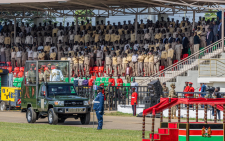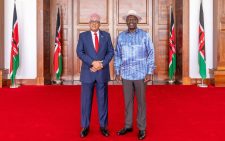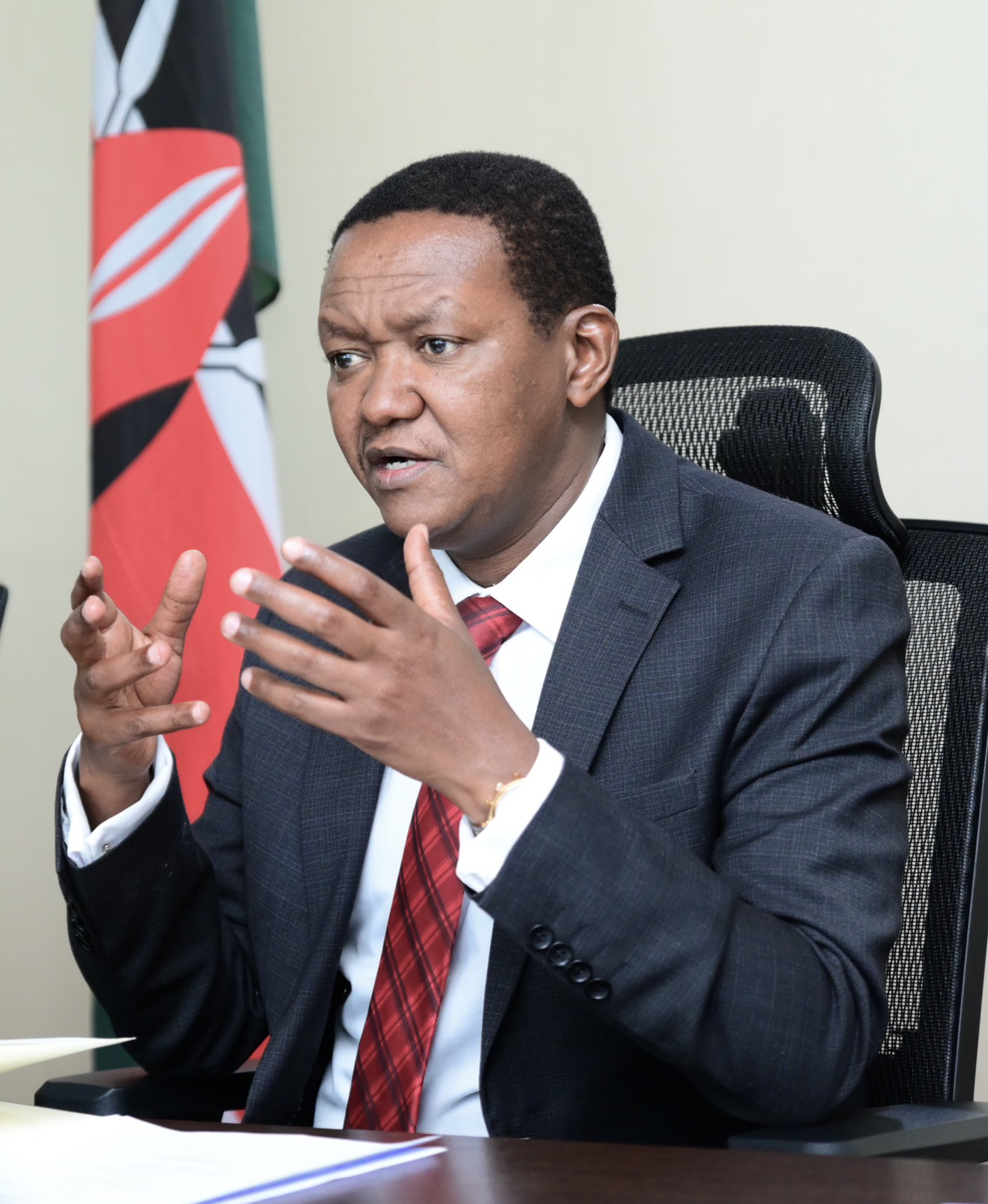Mother tongue essential to fostering of education

As the world marked International Mother Language Day to promote linguistic and cultural diversity, UNESCO research backed by other scientific studies has shown that children who know their mother tongue can relate better to learning and excel more in education.
The Acting Deputy Secretary General in charge of research, partnership, and resource mobilisation at the Kenya National Commission for UNESCO, Joel Ongoto, says research has shown that young people who know their indigenous language can relate to issues in the environment better, they can learn their culture well, and they acquire other school-learned languages better than those that do not know their mother tongue.
UNESCO has designated Mother Language Day to be a very important event for young people to know, speak, and appreciate their mother tongue for the benefit of sustainable development.
Ongoto, who celebrated the day with the Suba and Kuria communities drawn from Migori and Homa Bay counties at the Migori teacher’s training college (TTC), acknowledges that some of the Kenyan languages from minority tribes like the Subas have been diminishing with time, and the work of UNESCO is to help preserve and promote this diminishing linguistic identity for cultural diversity.
He notes that Kenya’s Commission for UNESCO mandate is to ensure that the young people get to learn and appreciate their mother tongue heritage for the preservation of the indigenous languages as a future reference for the next generation.
Ongoto explaines that their mandate is about peace and sustainable development, including intellectual dialogue about preserving indigenous languages. He emphasises that people without a language will lose their culture and identity, and therefore, it was important to help promote the African culture, heritage, and language to realise sustainable development in the country.
“There is no harm in knowing your language, and that is why the Competency-Based Curriculum (CBC) has a whole discipline referred to as indigenous language to enable primary school pupils learn the language in their area or locality, to enable them relate easily to issues in their surroundings,” Ongoto says.
He urged the learning institutions to put more resources into research on areas of indigenous languages to preserve and promote endangered languages for the sustainable development of the nation.
The official, however, cautions those that link indigenous languages to tribalism, saying that the negative connotation is only in people’s minds that tend to promote ethnicity to suit their selfish agendas.
He emphasises that UNESCO’s work is to remove exclusion, discrimination, and negative connotations by fostering unity so that our language diversity can act as our common strength.
Rongo university lecturer, James Marwa, acknowledges that the surrounding environment in the learning growth of a child resonates easily and well with the mother tongue, especially during the learning process.
Marwa elaborates that parents are the gatekeepers of the indigenous language, which should be passed on to their children for language continuity. The educationist emphasises the need to use the mother tongue as a positive language in explaining the traditions and cultures of society as well as helping to shun retrogressive ones like female genital mutilation (FGM) among the Kuria community.
Jonathan Matiko, a Kurian elder, elaborates that the use of the Kuria language to educate children through ceremonies like birth, initiation, and marriage has helped to preserve the language. However, a large number of the new generation of Kurians have not yet embraced the language because their parents never passed on the etymology.
Stephen Ouma, a Suba from Migori and a retired Chief, discloses that the geographical location, the dominant Luo tribe in Suba inhabited areas, and the intermarriage between the Luos and Subas has greatly contributed to the diminishing of their mother language in Migori and Homa Bay counties.
Suba is one of the Kenya native languages that are slowly fading away, with intermarriages taking the blame of being the main reason behind this possible extinction.
Also, the larger population of Kenyans reside in urban or cosmopolitan areas where people with different mother language interact, meaning different people have different mother languages, reducing any chances of people communicating in their first languages.
Experts says the effects trickles down to children born in intermarriage households and further live in urban areas.
A 2021 study showed nearly 60 per cent of people living in Nairobi do not speak in their mother language. Six languages have already become extinct while 16 others are facing increasing risks of the same.
George Wakaka, the coordinator of the Suba/Kuria alliance, points out that in 2000, UNESCO recognised that 13 languages, among them the Suba etymology, were in danger of disappearing, hence the need for their preservation.
Wakaka explaines that contrary to the understanding of many, the Suba dialectal is not one of the Luo languages as people have projected it but instead, a relative dialectal to Abakuria and closely related to the Abagusii linguistic.
To ensure they preserve their language, 12 books that explain the Suba language, customs, traditions, and cultures have been developed and written.
